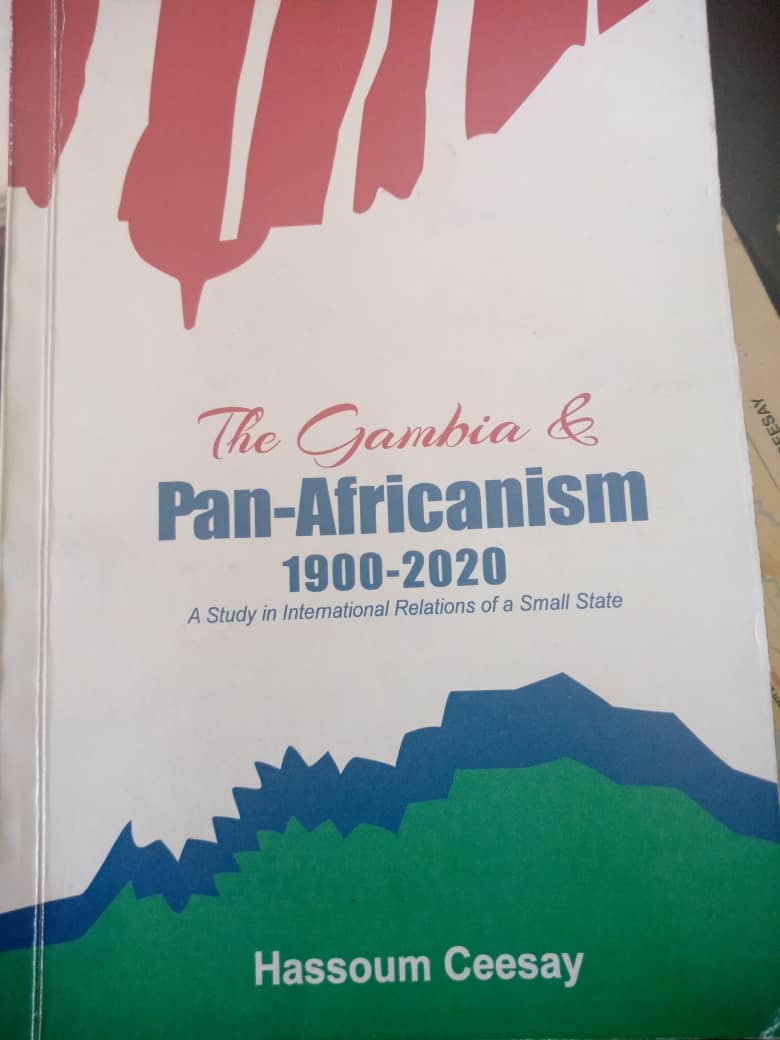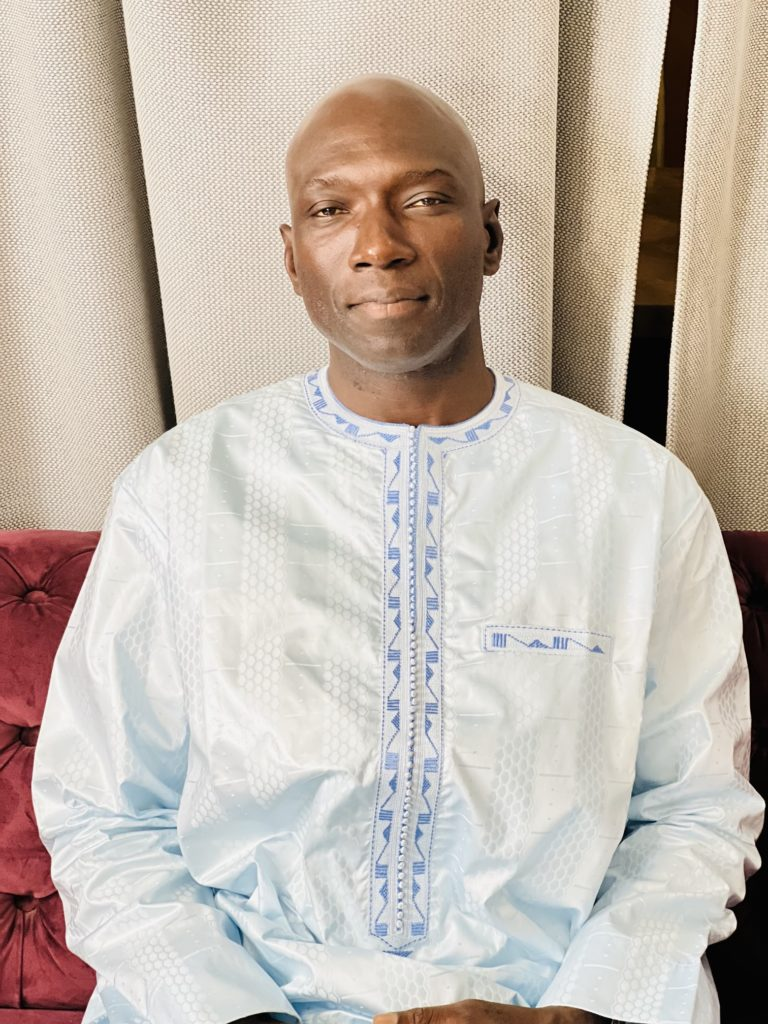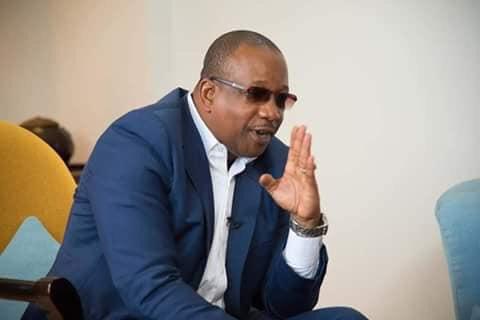By Yunus S Saliu
As Africa braces up to celebrate Africa Liberation Day (ALD) tomorrow, Tuesday, May 25, a new book authored by eminent Gambian historian Hassoum Ceesay puts The Gambia’s primary role in the Pan-African movement under the scope.
The latest book titled ‘The Gambia and Pan-Africanism,1900-2020: a study in International Relations of a Small State, is a 110-page book seeks to address a gap in foreign policy and international relations studies by examining the rich tapestry of The Gambia’s engagement with various project and personalities in support of the Pan-African ideals of a United States of Africa.
The author asserts that despite her small size and limited resources, The Gambia has played a larger than life role in the promotion and development of Pan-Africanism since the founding of the National Council for British West Africa (NCBWA) in 1920 by the Gambian patriot Edward Francis Small, to agitate for self-rule in the four British colonies in West Africa.
The author, in the book, also goes at length to remind readers of the role of The Gambian newspapers in promoting African liberation and black dignity; the role of women like Ya Aret Mboge in the 1960s in creating awareness of the Pan-African ideals; the role of Gambian youth in strengthening national discourse on Pan-Africanism which culminated in the famous 1969 visit to Bathurst (Banjul) of the famous Black Panther and Pan-Africanist idol Kwame Ture and his wife the singer Mariam Makeba.
“The Gambia’s role in promoting the Pan-African ideals of freedom and unity was also clear in the very close ties that Prime Minister Jawara cultivated with Ghana’s Kwame Nkrumah soon after independence. Nkrumah as president of Ghana was the epitome of Pan-Africanist thinking and action; therefore when Jawara visited him twice in 1965, which was an indication of how the New Gambia of 1965 was eager to play her part in the development of African unity,” explained the historian Hassoum Ceesay.
Other issues discussed in this new book include Gambian scholars and writers who theorized on Pan-Africanism; the ill-fated Senegambia Confederation, which the author says was a possible hub for Pan-African growth; and the 2006 hosting of AU Summit by The Gambia and the completion of the Senegambia Bridge across the River Gambia in 2019.
The author noted that “these our salient roles in building Pan-Africanism should be understood by the young so that they will be proud of their country as a citadel of the search for a United States of Africa. It is a source of Gambian prestige and a legitimizing factor for our Republic.”




